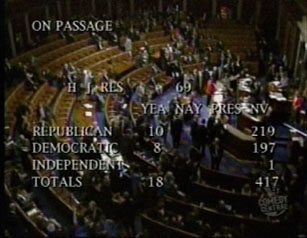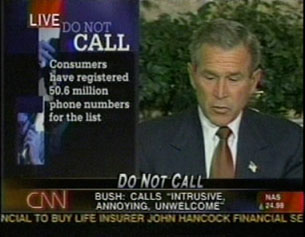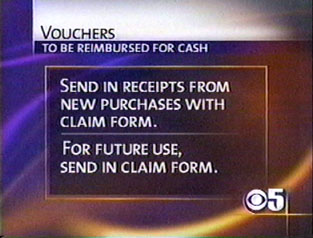MySpace is trying to tell artists what widgets they can embed on their myspace pages. Think again. The backlash will kill the whole site.
It will be nice to see it happen. (Meaning it will be nice to either see the crappy myspace fail, or a smarter myspace wake up and relax these silly restrictions.)
MySpace Restrictions Upset Some Users
By Brad Stone for the NY Times.
Some users of MySpace feel as if their space is being invaded.
MySpace, the Web’s largest social network, has gradually been imposing
limits on the software tools that users can embed in their pages, like
music and video players that also deliver advertising or enable
transactions…
But to some formerly enthusiastic MySpace users, the new restrictions
hamper their abilities to design their pages and promote new projects.
“The reason why I am so bummed out about MySpace now is because recently
they have been cutting down our freedom and taking away our rights slowly,”
wrote Tila Tequila, a singer who is one of MySpace’s most popular and
visible users, in a blog posting over the weekend. “MySpace will now only
allow you to use ‘MySpace’ things.”…
The tussle between MySpace and Indie911 underscores tensions between
established Internet companies and the latest generation of Web start-ups.
Without a critical mass of visitors to their sites, many of these smaller
companies are devising strategies that involve clamping on to sites like
MySpace and Facebook and trying to make money off their traffic.
MySpace, meanwhile, is trying to show that it can generate stable revenue.
Google will pay it at least $900 million over the next three years to serve
ads to the site’s users. And last fall, MySpace announced a partnership
with Snocap, a San Francisco-based company, to sell music.
Perhaps not coincidentally, this year, MySpace blocked widgets from Revver,
a video-sharing site that embeds advertisements in its clips, and Imeem, a
music buying service.





